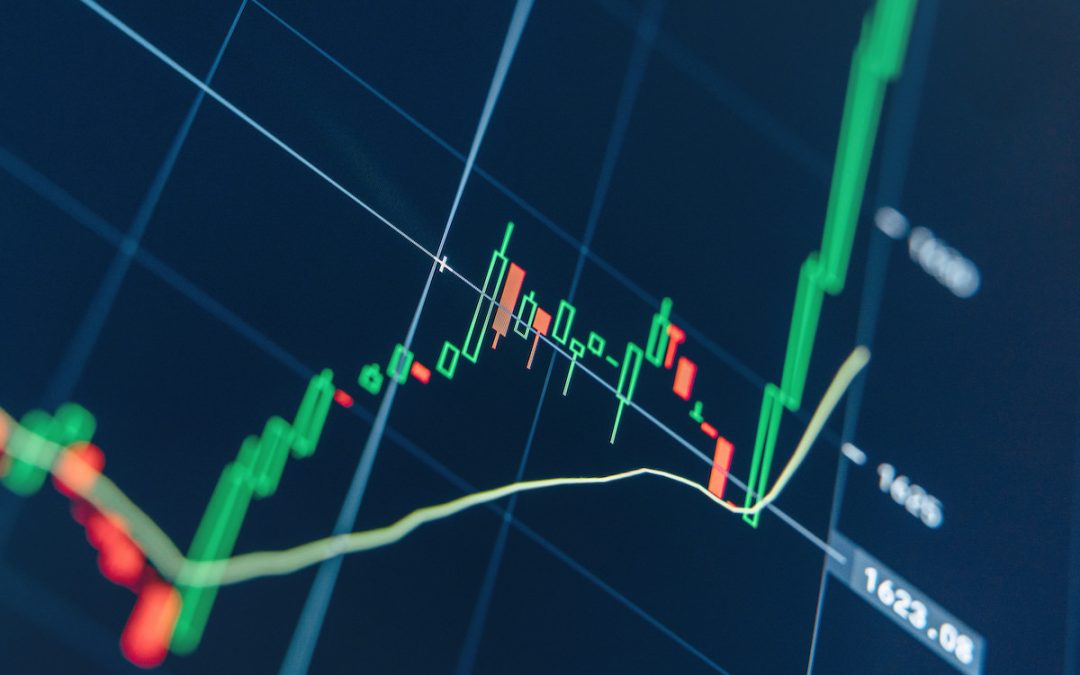Energy prices, particularly those of electricity and gas, have been on the rise in recent years and are expected to continue to increase in the future. This rise in energy prices is a result of a variety of factors, including increased demand for energy, limited natural resources, and the cost of infrastructure and technology upgrades. In this blog post, we’ll explore the reasons for the rise of energy prices and what it means for consumers and businesses.
Increased Demand for Energy
One of the primary drivers of rising energy prices is the increasing demand for energy. As the global population grows and economies continue to develop, the demand for energy continues to rise. In addition, the shift towards electrification and the increasing adoption of electric vehicles is also contributing to the rising demand for electricity. This increased demand for energy means that the price of energy is also rising, as energy suppliers must invest in new technologies and infrastructure to meet the demand.
Limited Natural Resources
Another factor contributing to the rise of energy prices is the limited availability of natural resources, such as coal, oil, and natural gas. These resources are finite and becoming increasingly scarce, which drives up the price of energy. In addition, the increasing cost of extracting these resources from the ground and the environmental impact of the extraction process also contributes to the rise in energy prices.
Infrastructure and Technology Upgrades
The cost of upgrading and maintaining energy infrastructure and technology is another factor contributing to the rise of energy prices. In order to meet the growing demand for energy and to maintain a reliable energy supply, energy suppliers must invest in new and upgraded infrastructure and technology. This includes the construction of new power plants, transmission and distribution systems, and the development of new energy technologies. These upgrades come at a cost, which is passed on to consumers in the form of higher energy prices.
Impact on Consumers and Businesses
The rise of energy prices has a significant impact on consumers and businesses. Consumers are facing higher energy bills, which can strain their budgets and reduce their purchasing power. Businesses, on the other hand, are facing higher operating costs, which can reduce their competitiveness and profitability. In addition, the rise of energy prices also has a wider impact on the economy, as higher energy prices can increase the cost of goods and services and reduce consumer spending.
Conclusion
In conclusion, the future of energy prices is expected to continue to rise, driven by increasing demand for energy, limited natural resources, and the cost of infrastructure and technology upgrades. This rise in energy prices will have a significant impact on consumers and businesses, and it is important for both to be aware of the factors contributing to the rise of energy prices and to take steps to reduce their energy usage and costs. One such solution is investing in renewable energy, such as solar, which can help reduce energy bills and provide a more sustainable and affordable energy source for the future.

